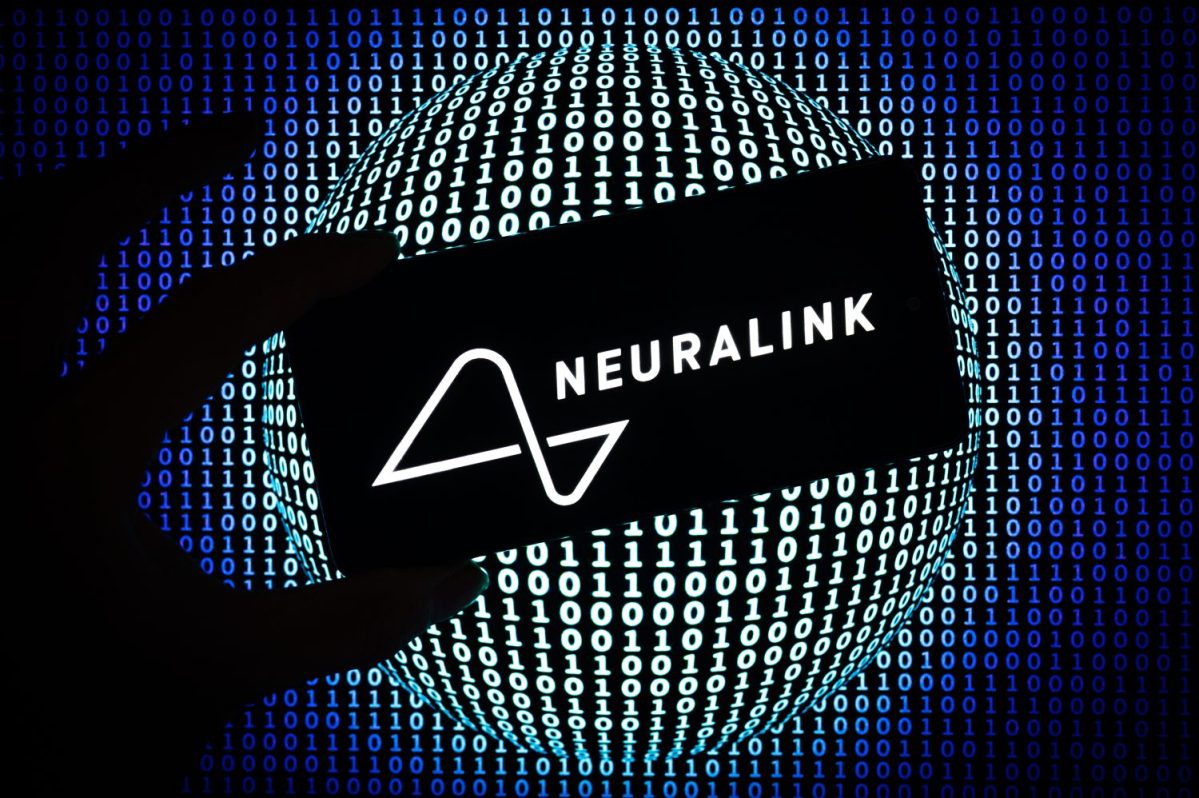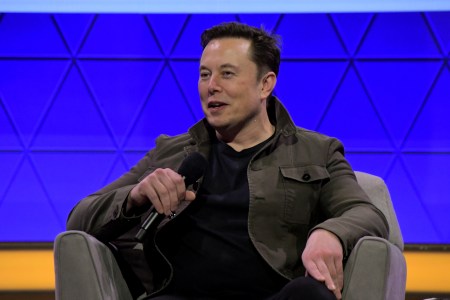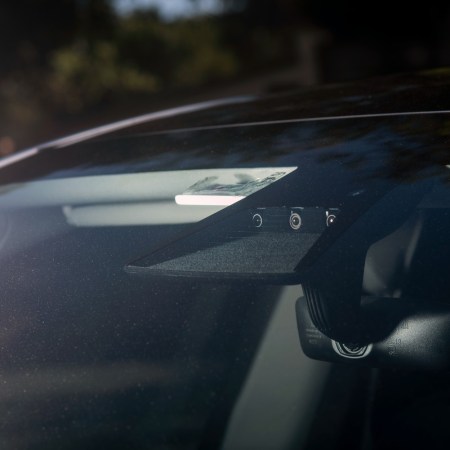Back in 2020, Elon Musk made his first comments in regard to FDA approval for human trials with Neuralink, Musk’s company that’s developing implantable brain-computer interfaces, as reported by The Verge. And just last November, Musk said Neuralink was just six months out from human trials — and his timeline wasn’t entirely wrong. Yesterday, the company tweeted that the Food and Drug Administration gave Neuralink approval to begin its first in-human studies.
Musk has previously compared the technology and how it works to a “FitBit in your skull” — Neuralink is developing a device that’s implantable in your brain, which is cosmetically invisible and lets you control a computer device anywhere you go.
The Neuralink site said the company is currently focused on working with people with quadriplegia and are focused on giving them the ability to control computers and other devices with their thoughts. In the future, however, the company hopes to restore skills, motor functions and speech. Musk has even gone on to prophesize Neuralink’s ability to one day allow paralyzed people to walk, the blind to see and turn people into cyborgs.
Elon Musk Revealed Plans for Brain-Machine Interface Technology Neuralink
A monkey has successfully used the technology to control a computerThe announcement comes at an interesting time — just about a year ago, the FDA rejected Neuralink’s human trial application, according to a Reuters article published in March. The article referenced “dozens of issues” that regulators had, including the device’s lithium battery, a concern over the device’s tiny wires moving to other parts of the brain, and how the device could be removed without damaging brain tissue.
At the time the article was published in March, three staffers had said they weren’t sure the company could quickly resolve the issues. Neuralink has also already been the subject of federal investigations — the Physicians Committee for Responsible Medicine filed a federal complaint over concerns about inhumane animal testing. The company denied claims made that university researchers were abusing monkeys in experiments. A Reuters article published in December 2022 also said the company had killed 1,500 animals by that point in time, including 280 sheep, pigs and monkeys.
There haven’t been any announcements in regard to when the trials may start or where you can sign up. While this kind of feels like the beginning of a Black Mirror episode, or what I imagine the early days of WALL-E would have been like, it’ll be interesting to see what the human trial turnout is like — and if the company has success.
Thanks for reading InsideHook. Sign up for our daily newsletter and be in the know.



















